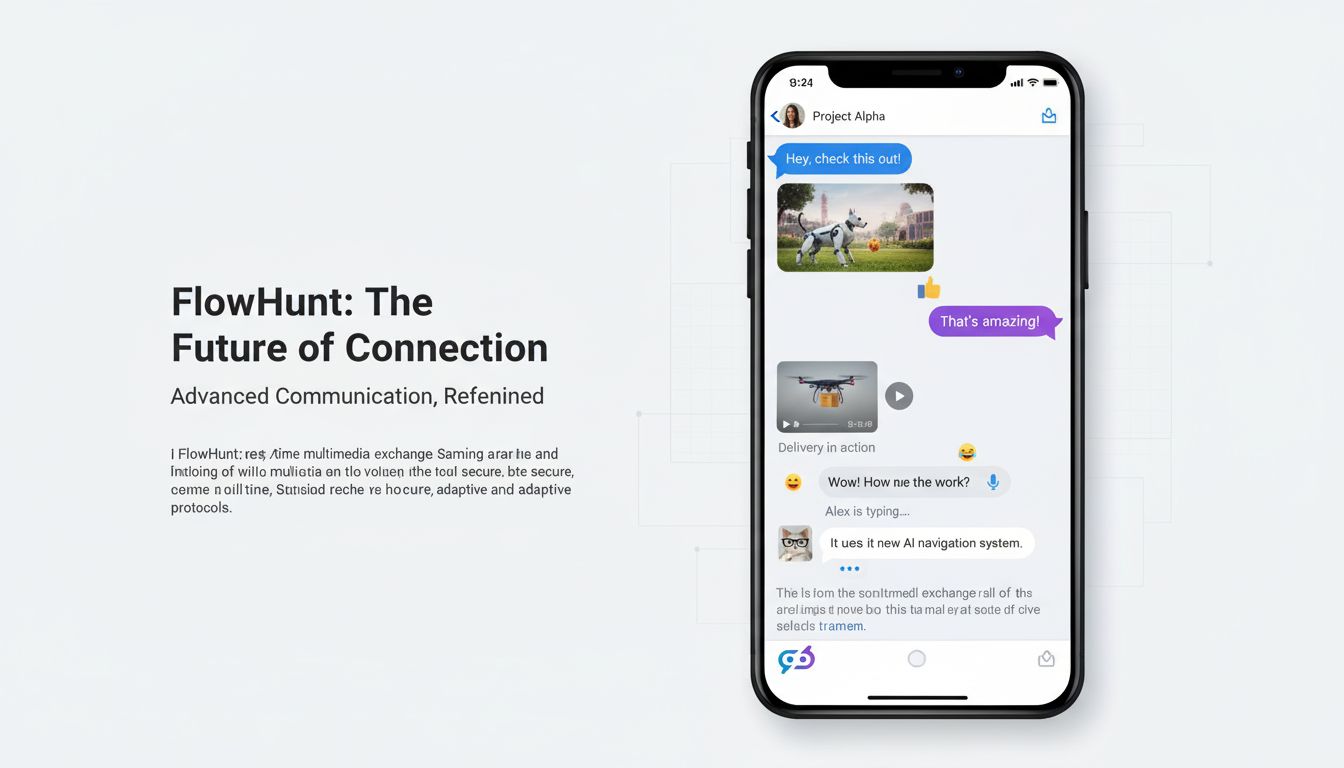
AI Content Creation
AI Content Creation leverages artificial intelligence to automate and enhance digital content generation, curation, and personalization across text, visuals, an...

AI is revolutionizing entertainment, enhancing gaming, film, and music through dynamic interactions, personalization, and real-time content evolution. It powers adaptive games, intelligent NPCs, and personalized user experiences, reshaping storytelling and engagement.
AI-driven games utilize artificial intelligence to enhance gameplay by creating more responsive and adaptive environments. These games leverage machine learning, neural networks, and procedural content generation to craft experiences that are both immersive and challenging. AI enables developers to create games that adapt to the player’s skill level, providing a tailored challenge that keeps players engaged. For instance, procedural content generation allows for the creation of vast game worlds with minimal manual input, offering unique exploration experiences with each playthrough.
Large Language Models (LLMs) like GPT models have been integrated into games to enhance interaction and narrative complexity. These models allow for more dynamic dialogues and storylines, providing a richer player experience. LLMs are particularly effective in text-based adventure games, where they can generate endless story possibilities and adapt to players’ choices in real-time, creating a more personalized and engaging narrative experience.
AI enhances user interfaces in games by providing personalized experiences and intuitive controls. This includes voice recognition, adaptive difficulty settings, and virtual assistants that guide players. AI can analyze player behavior to adjust the game’s difficulty in real-time, ensuring a balanced and engaging experience tailored to each player’s skill level.
Machine learning, a subset of AI, allows games to learn and adapt from player interactions. It is used to develop intelligent NPCs, optimize game mechanics, and personalize content delivery. Machine learning models can process vast amounts of gameplay data to refine game mechanics, enhancing player engagement and satisfaction.
Interactive entertainment refers to media that involves active participation from the user, often enhanced by AI technologies. This includes video games, interactive films, and virtual reality experiences. AI plays a crucial role in creating dynamic storytelling and immersive environments, where narratives can change based on user choices, offering unique storylines and experiences.
In gaming, player characters (PCs) are the avatars controlled by players, while non-player characters (NPCs) are controlled by the game’s AI. AI enhances NPCs by providing them with realistic behaviors and interactions, making them more lifelike and responsive to players’ actions.
AI creates personalized experiences in entertainment by tailoring content to individual preferences and behaviors. This is achieved through data analysis and adaptive algorithms, offering content that aligns with users’ interests and enhancing their overall experience.
AI is a crucial component in modern game development, streamlining processes and enhancing creativity. It aids in content creation, testing, and balancing game mechanics, reducing development time and costs while ensuring high-quality outputs.
AI has revolutionized video games by introducing smart opponents, dynamic environments, and immersive narratives. It allows developers to create complex and engaging gameplay experiences that adapt to players’ actions and decisions.
Reinforcement learning is a type of machine learning where AI agents learn by interacting with their environment. It is used to develop adaptive and intelligent game behaviors, allowing games to adjust to players’ skill levels and preferences dynamically.
AI is a driving force behind emerging trends in the gaming industry, such as cloud gaming, AR/VR, and blockchain integration. These trends are reshaping how games are developed and consumed, offering new possibilities for player engagement and monetization.
AI is used to enhance gaming through adaptive environments, intelligent NPCs, and procedural content generation, as well as in film and music for content creation, automation, and personalization, transforming user engagement and storytelling.
AI-driven games use artificial intelligence to create responsive gameplay, adapt to player skill levels, and generate dynamic worlds, providing tailored and immersive experiences.
LLMs like GPT enable dynamic dialogues, complex narratives, and personalized storylines in games, especially in text-based adventures, adapting in real-time to player choices.
AI analyzes user preferences and behaviors to tailor content, adjust challenges, and deliver experiences that match individual interests, increasing engagement and satisfaction.
Examples include the FIFA Series (adaptive gameplay), Civilization Series (strategic AI), No Man’s Sky (procedural generation), Red Dead Redemption 2 (intelligent NPCs), AI Dungeon (LLM-driven text adventure), and StoryCraft (co-created narratives).
Smart Chatbots and AI tools under one roof. Connect intuitive blocks to turn your ideas into automated Flows.

AI Content Creation leverages artificial intelligence to automate and enhance digital content generation, curation, and personalization across text, visuals, an...

Discover everything you need to know about the Sora-2 app—its capabilities, use cases, and how it compares to leading AI video generators. Learn how to get star...

An AI-driven startup is a business that centers its operations, products, or services around artificial intelligence technologies to innovate, automate, and gai...
Cookie Consent
We use cookies to enhance your browsing experience and analyze our traffic. See our privacy policy.